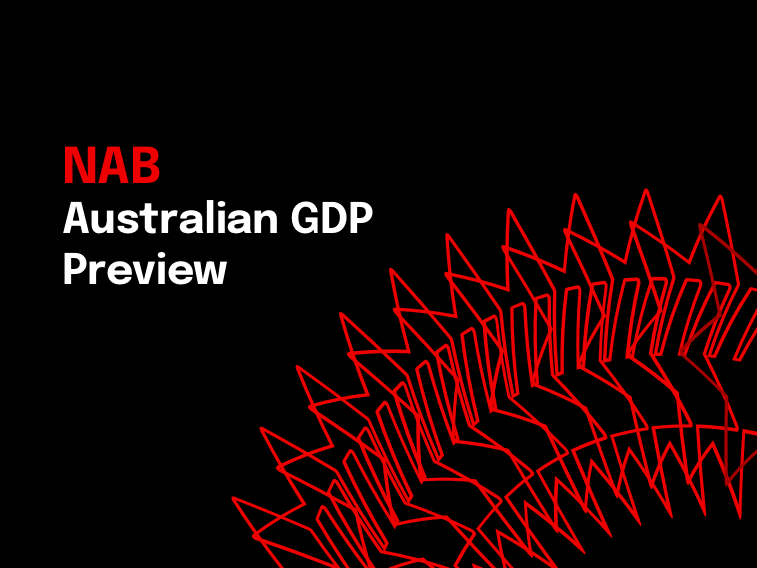A private sector improvement to support growth


Insight
The Australia China Business Council (ACBC) promotes trade and investment between Australia and China. National President, Duncan Calder reflects on this critical partnership as China’s burgeoning economy fuels unprecedented demand for Australian supplies and services.

Duncan Calder recently took on the role of National President of the Australia China Business Council (ACBC) – the leading bilateral trade organisation promoting trade and investment between Australia and China. He reflects on this critical partnership as China’s burgeoning economy fuels unprecedented demand for Australian supplies and services.
What are the key goals the ACBC is hoping to achieve over the next 12 months?
Given the critical importance of Chinese trade to our economy, the role of the ACBC has never been more important. As President, I’m responsible for working with the board to set the strategy and to mobilise our CEO, staff and volunteers to deliver on that strategy.
We’ve set some ambitious goals, including expanding ACBC’s footprint into Tasmania, the ACT and regional Australia and promoting greater and deeper links in arts and sports.
What is your link to China?
In recent years I’ve visited China more than 50 times and I’ve been fortunate to be mentored by The Honourable Richard Court AC, former Premier of WA. Richard, who accompanied me on several trips to China to introduce me to his networks and contacts, has helped me develop close relationships with Chinese businesses.
It was in the beautiful historical city of Hangzhou that a local feng shui master chose my Chinese name “Deng Yao Dong” which translates as “Shines over the East”.
Why are Chinese investors interested in Australia?
China’s urbanisation and industrialisation has lifted hundreds of millions of people out of poverty at a rate not seen before in the history of humankind. China is a hungry dragon looking for resources to fuel its incredible growth.
No country has benefited more from this growth than Australia, a geographically close, politically stable country with a long reliable history in cost-competitive commodity supply. This makes us natural trading partners. Our commodities, such as iron ore, coal and LNG, will be in demand for decades to come.
But other sectors are thriving. China provides an ever-increasing level of support for our property sector and is our most lucrative source of international tourism and international student fees to our universities. And as China opens up its markets, there are increasing opportunities for other Australian businesses such as our professional services firms.
China may also provide capital and research skills to help parts of our agribusiness economy and our young farmers.
What are some of the challenges in Sino-Australian trade? What can we do better?
Chinese people value long-term partnerships and win-win models of cooperation.
Sometimes our businesses place undue reliance on short-term results. Coupled with different cultural backgrounds and different perspectives on governance issues, this can make trading partnerships challenging. The key is having transparent communications and sensible mechanisms in place to resolve issues.
Australian businesses already have a head start. Not only do we own many of the resources that China needs, but we possess a no-nonsense ‘can do’ approach to business that Chinese people really appreciate. We can better skill ourselves by spending more time in China, employing more China-literate staff and by being open-minded to pursuing a variety of models of cooperation with Chinese businesses.
How can Australia and China strengthen our cultural ties?
The benefits of deepening cultural ties are enormous, with significant flow-on benefits to business. A lack of understanding can be a barrier to mutually beneficial business and cooperation. Sport, like the arts, is a nonpartisan and non-political bridge between cultures and people. To succeed in business and to build close and fruitful trade and investment relationships, it’s important both sides know, understand and are comfortable with each other.
This article was first published in Business View magazine (May 2014). For more articles and interactivity, download the iPad edition of Business View for free via our new app NAB Think.
More from NAB:
© National Australia Bank Limited. ABN 12 004 044 937 AFSL and Australian Credit Licence 230686.